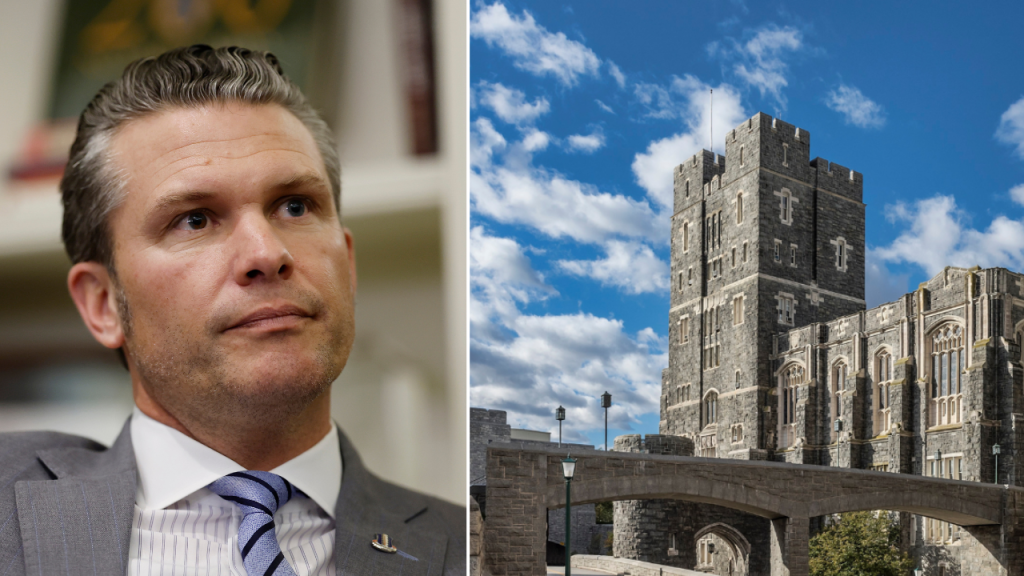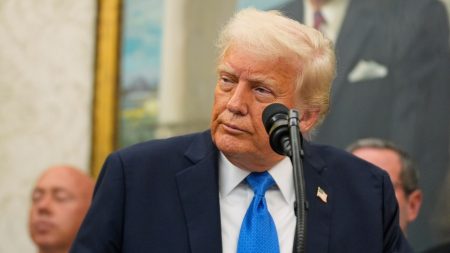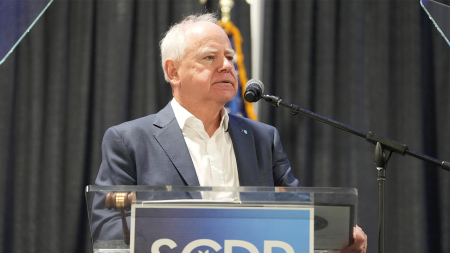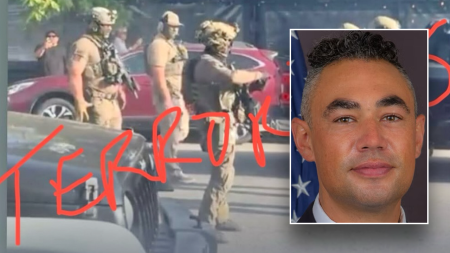The left-leaning non-profit investigative journalism organization, ProPublica, has found itself embroiled in controversy following its handling of a potential story concerning Pete Hegseth, President Trump’s nominee for Secretary of Defense. The incident began with Hegseth’s public accusation on social media that ProPublica, which he labeled a “Left Wing hack group,” was preparing to publish a false report claiming he had not been accepted to West Point in 1999. Hegseth supported his claim with an image of his acceptance letter. ProPublica editor Jesse Eisinger countered, stating their information came directly from West Point’s public affairs office, which had twice informed them that Hegseth had not applied. This initial exchange sparked a heated online debate, with many questioning ProPublica’s journalistic practices, particularly their seeming reliance on potentially inaccurate information without further verification.
The situation escalated when the Daily Caller published an email from a ProPublica reporter to Hegseth’s lawyer. The email, which gave Hegseth’s legal team a mere hour to respond, accused Hegseth of lying about his acceptance to West Point and questioned his suitability for the Secretary of Defense position. The tone and tight deadline of the email fueled accusations that ProPublica had already reached a conclusion before allowing Hegseth a proper opportunity to respond, effectively prejudging his guilt. This revelation contradicted ProPublica’s earlier claims of fairness, accuracy, and intellectual honesty, further intensifying the backlash. Critics argued that this approach constituted an unethical ambush rather than genuine journalistic inquiry.
The controversy swirling around ProPublica’s journalistic methods deepened with the revelation of West Point’s error. West Point subsequently issued a statement acknowledging their mistake and confirming that Hegseth had indeed been offered admission in 1999. They apologized for the error, attributing it to misinformation provided by an employee based on an outdated database. This admission further undermined ProPublica’s position, highlighting their apparent failure to thoroughly verify the information received from West Point despite the significant implications for Hegseth’s reputation and career.
The Hegseth incident is not the first time ProPublica has faced criticism for its investigative practices. The organization has previously been accused of targeting conservative figures, most notably Supreme Court Justices Clarence Thomas and Samuel Alito. These prior incidents, characterized by some as “hit pieces,” have led to accusations of bias and a lack of impartiality. Critics argue that ProPublica applies a different standard to those with whom they disagree politically, undermining their claims of objective journalism. This pattern of behavior raises questions regarding ProPublica’s commitment to unbiased reporting, further fueling skepticism about their motives in the Hegseth case.
ProPublica defended its actions, stating they asked tough questions, which is a reporter’s duty, and that they did not publish a story because Hegseth provided documentation correcting West Point’s initial statements. This defense, however, failed to address the central criticisms regarding their accusatory approach, the extremely short deadline given to Hegseth’s team, and their reliance on apparently unverified information. Critics contend that responsible journalism requires thorough verification and a commitment to fairness, principles they argue ProPublica failed to uphold in this instance.
This latest controversy underscores the ongoing debate about the role and responsibilities of investigative journalism in a politically charged environment. While holding powerful figures accountable is a crucial function of the press, critics of ProPublica argue that their methods in the Hegseth case, and in previous investigations, crossed the line from rigorous journalism into politically motivated attacks. The incident raises questions about the organization’s commitment to fairness, accuracy, and due process, and highlights the potential for even well-intentioned investigative journalism to be perceived as biased when it appears to target specific individuals or groups based on their political affiliations. The fallout from the Hegseth incident will likely continue to fuel debate about the ethical standards and practices of investigative journalism, particularly in the context of politically sensitive investigations.










